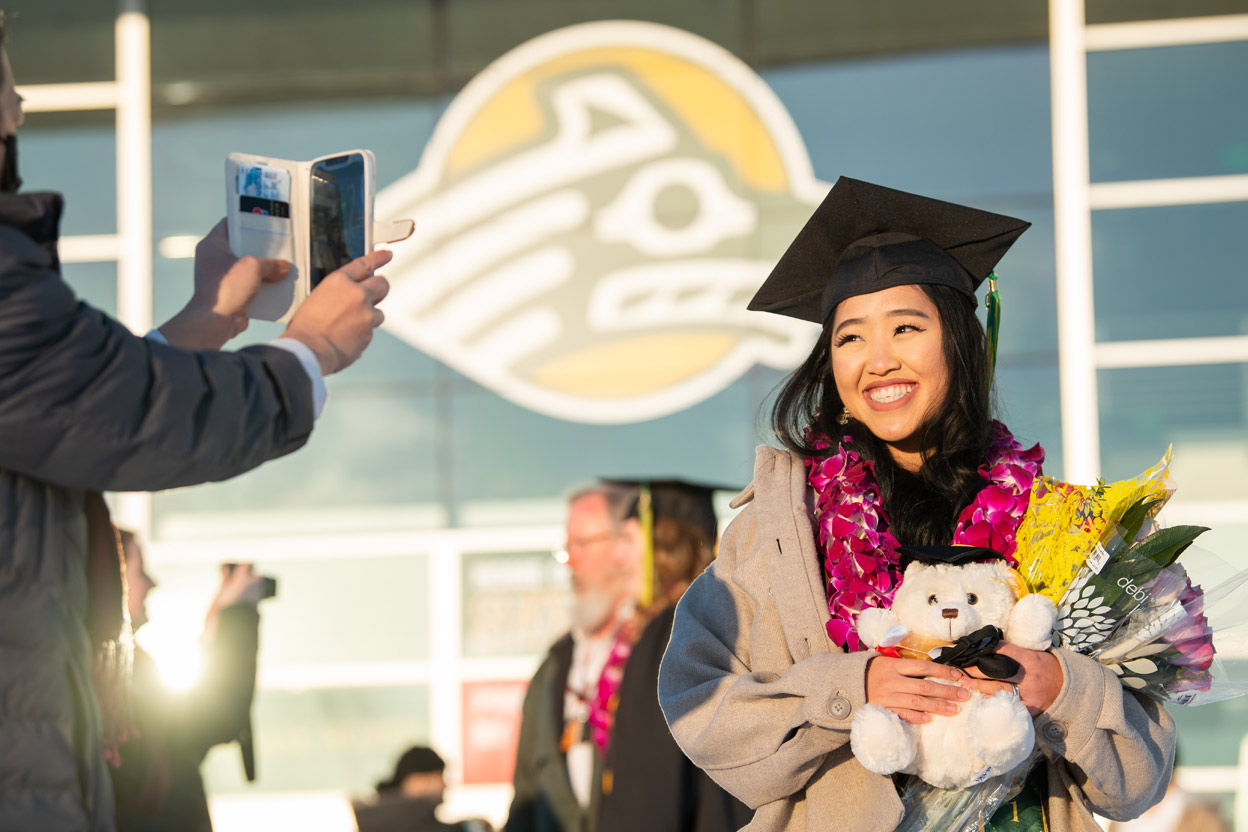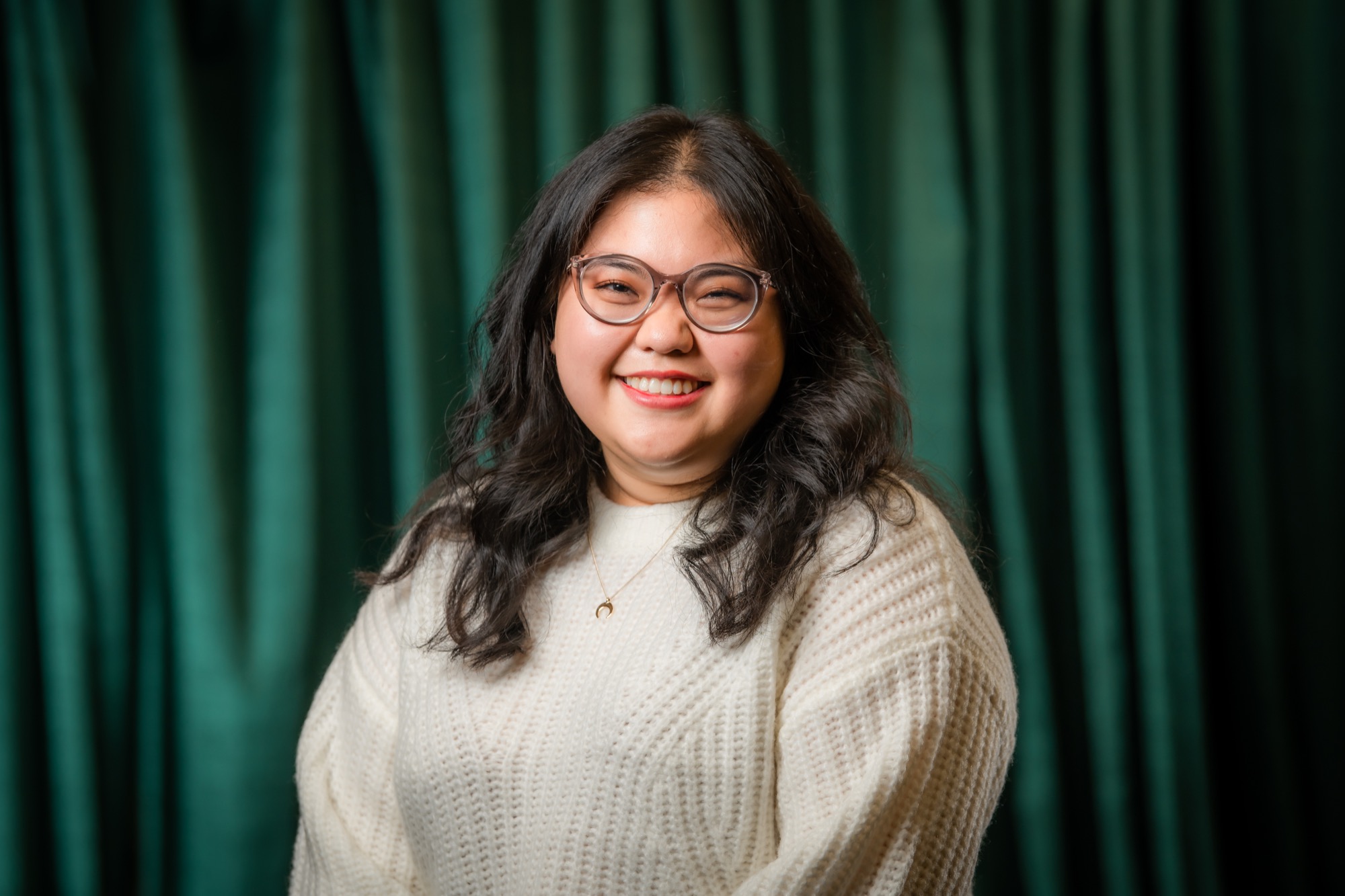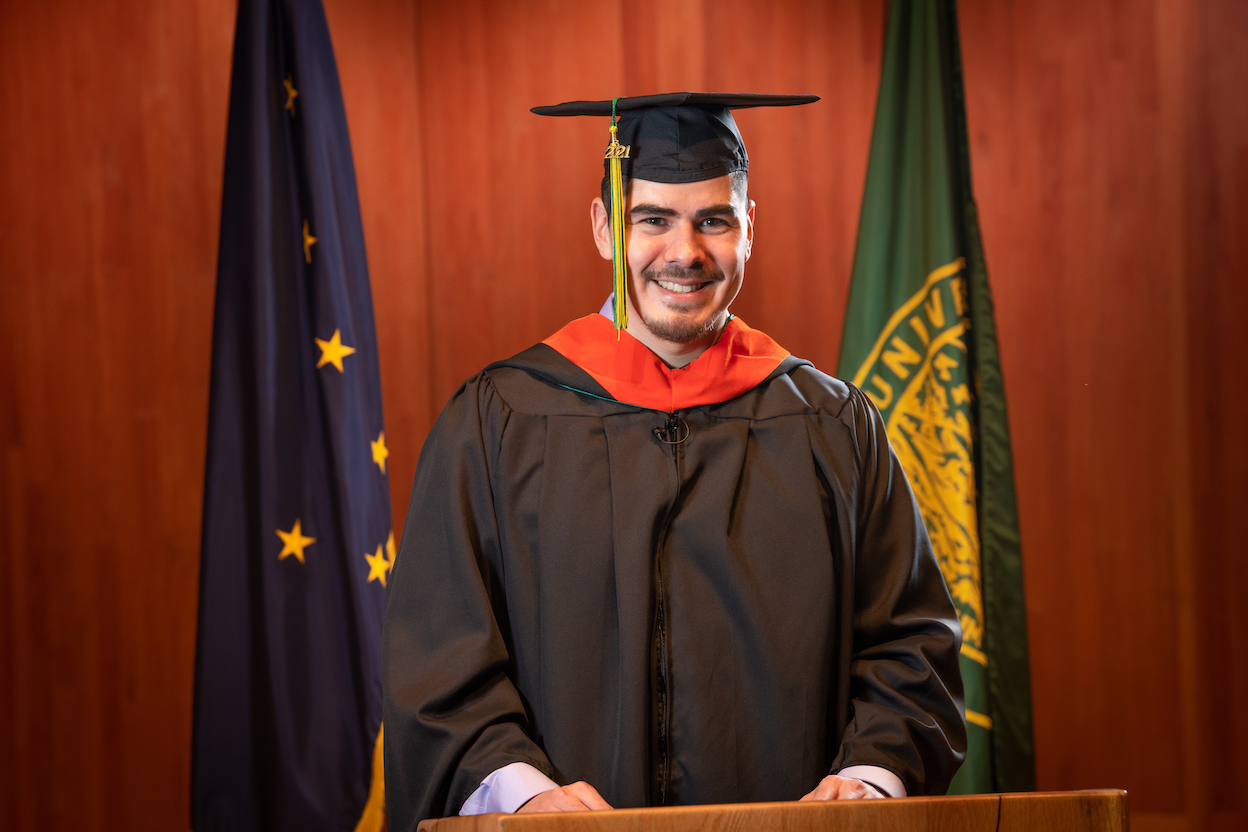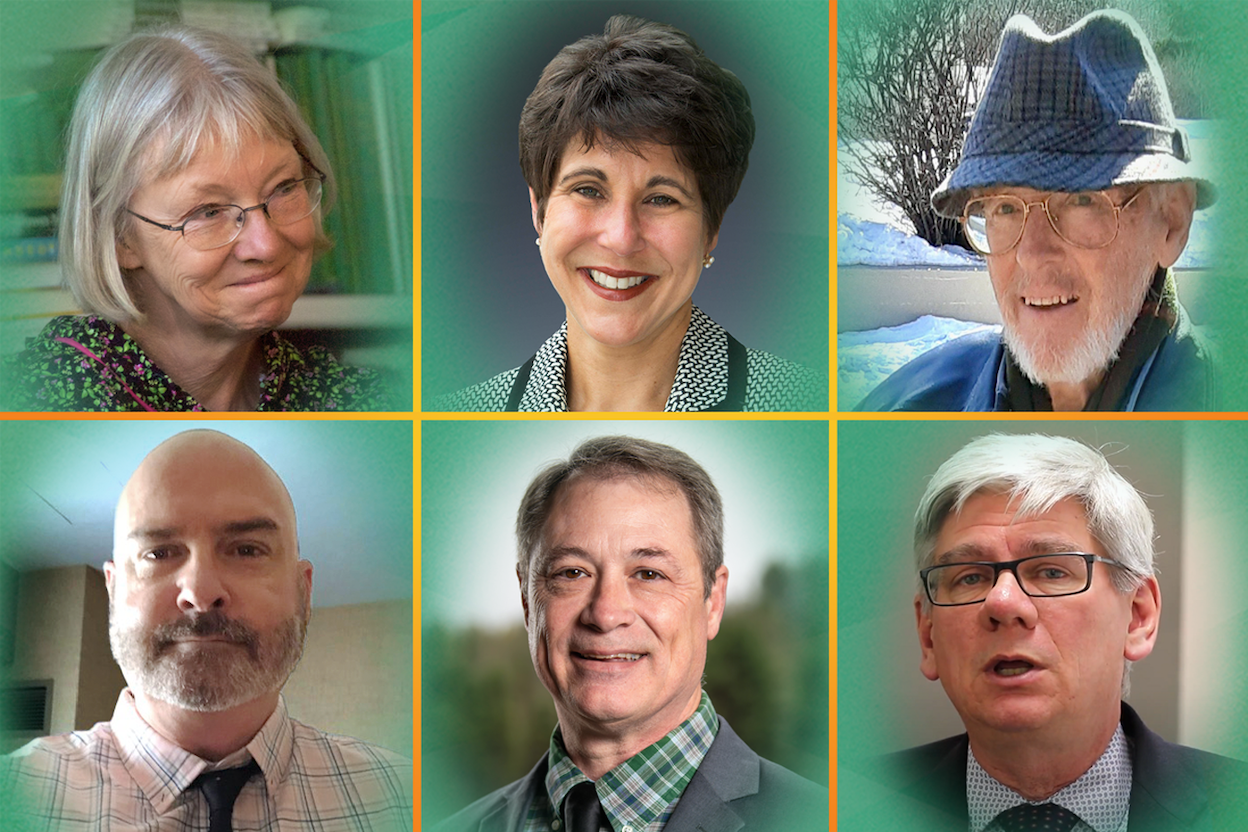Coping during COVID
by Matt Jardin |
A version of this story originally appeared in UAA Alumni Spirit magazine in April 2021. View the full magazine here.
Opening and operating a business is no simple feat. Add a once-in-a-generation pandemic and the outlook appears even more dire. Despite these odds, many businesses owned and managed by Seawolves continue to succeed, thanks in part to community solidarity, government investment and forward thinking.
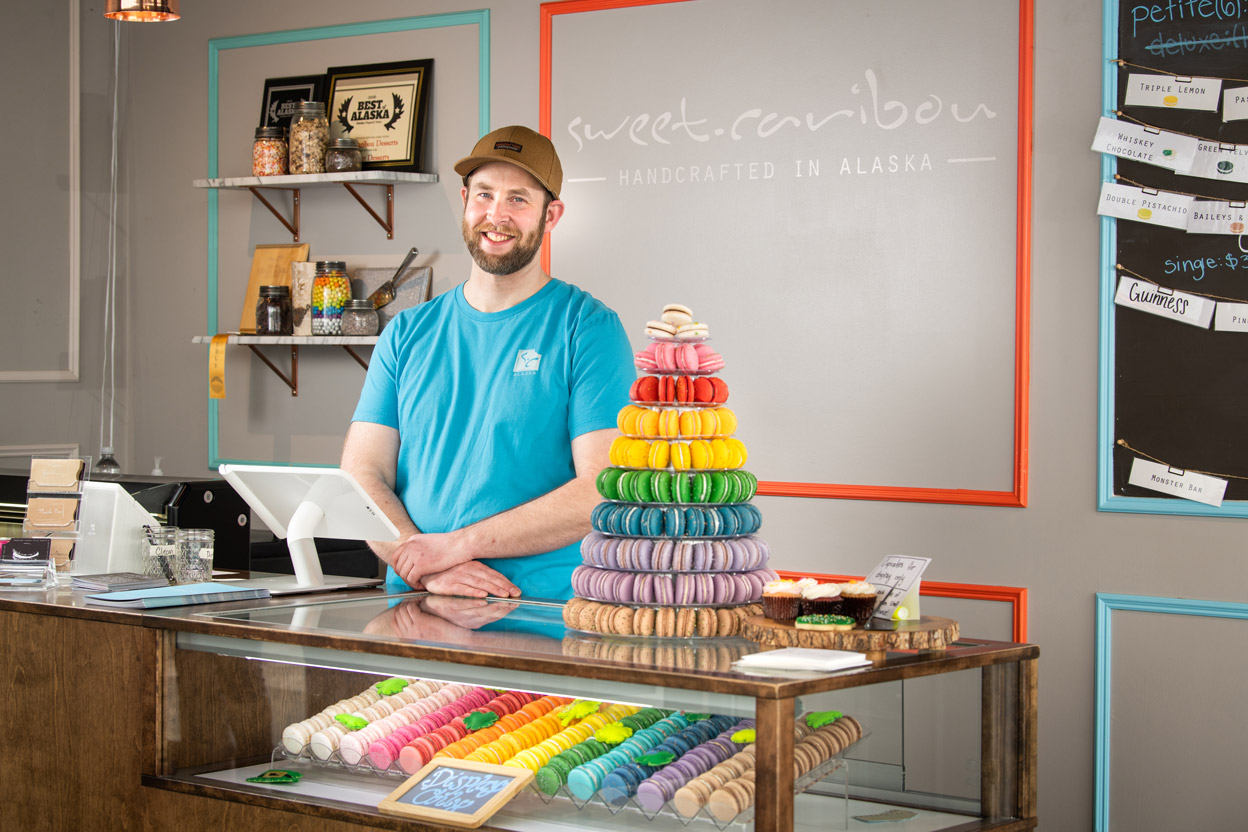
Sweet Caribou: Reinvesting in community
As increased health standards spread resources thin and restrictions on dine-in options limited patronage, arguably no business sector was as impacted by COVID-19 as the restaurant industry, with about 17% of America’s restaurants having permanently closed according to a CNN report.
James Strong, B.B.A. Finance '06, owner of macaron shop Sweet Caribou, is aware of the situation. During the first month, Strong had to lay off 50% of his 26 employees. The difficult decision was made even harder due to his encouragement of employee longevity based on his time managing other restaurants in Anchorage.
“I watched how the Moose’s Tooth and the Bear Tooth always took very good care of their employees,” said Strong. “I go in there now and people I bussed tables with are managers. They got so many employees that have been there for 10 or 20 years and in the restaurant industry that is unheard of. I really wanted to be able to provide that same type of environment for my employees, and I’ve been very blessed with really fantastic people.”
During those first couple of precarious months, Strong was able to keep Sweet Caribou afloat thanks to the overwhelming support from community members who went out of their way to buy macarons and gift cards and tip generously.
Additionally, he was able to rely on an already-in-place and fine-tuned delivery model when other restaurants struggled to establish their own to supplement the loss of dine-in income.
“Simply, I was petrified, I didn't know what was gonna happen,” said Strong. “We would not be where we are without the support of the community. It really kind of highlights how we all work together, especially in Alaska.”
When assistance finally arrived via the Coronavirus Aid, Relief and Economic Security (CARES) Act, Strong knew exactly what he wanted to do with it: reinvest back in his employees by hiring them back and giving them raises.
“Funds from the Paycheck Protection Program were designed to stimulate the economy, take care of employees and provide new employment opportunities,” said Strong. “So I felt like it was incumbent upon me to reinvest it back into doing what it was meant to do.”
As his employees return and more and more customers come into the shop, Strong is counting down the days when people can safely and comfortably remove their masks.
“What I miss more than anything is seeing people smile,” said Strong. “I love the little kids coming in here getting all excited, running around screaming. I love grown-ups coming in in a bad mood because I can bring a smile to their face with a 30-second interaction. How many jobs let you do that? It’s amazing what the macaron can do.”
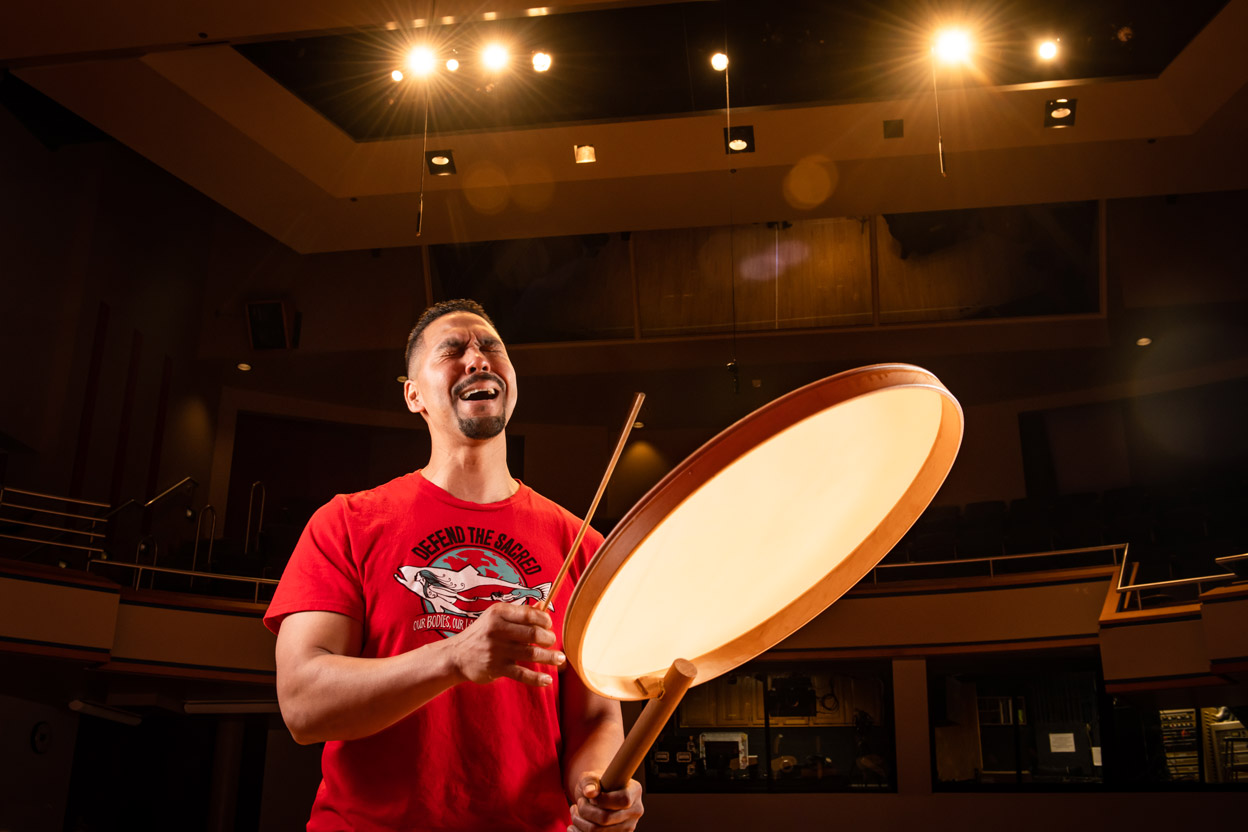
Pamyua: Sharing the message
By all accounts, 2020 was set to be Pamyua’s year. The soul-infused Inuit band, founded by brothers Phillip Blanchett, A.A. General Program '02, and Stephen Blanchett, B.A. Political Science ’04, was scheduled to take the stage in the likes of California, New York and England until news of postponements started trickling in.
Similarly, the global concert industry was poised for its own landmark year, losing $9.7 billion in ticket sales alone from pandemic-related cancellations according to reporting by Rolling Stone.
“Last March was the culmination of all the work we've done with the biggest projected year since we started,” said Phillip. “We were working with an agent figuring out the nature of our group and how to market us to bigger audiences and venues. Once the news set in that things needed to be brought to a halt, we were in shock. But because of the nature of our business, we learned early on not to be surprised when something doesn’t happen.”
With the worldwide community of musicians and entertainers grounded, many took to performing at virtual shows and drive-in concerts — options both futuristic and retro.
Pamyua was no exception. During the pandemic’s second month, they performed a livestreamed outdoor concert benefiting the Food Bank of Alaska with 10 other Anchorage bands. And when Stephen moved to Juneau a few months later, the four core band members produced music videos, individually recording vocal or instrument tracks and sending the files to a sound engineer for compilation.
“We were doing work even though we weren't getting paid to stay active and I feel that was important for us,” said Phillip. “There’s a lot of purpose and a reason we do what we do, even though there's no economic value. We were doing what we can to celebrate our survival and our will to express who we are and what things mean for individuals and the community.”
Not only were these makeshift performances and collaborations helping to provide a sense of normalcy for Pamyua and other artists, but they were also doing the same for fans feeling isolated by the unprecedented shutdowns.
“Everybody appreciates arts and entertainment,” said Phillip. “In the beginning when people were feeling scared, it was important to have entertainment and community. Within our songs, even though they can be silly, they're also very prayerful and serious in a way. I think that gave us a great opportunity to share in this time and be connected in this virtual world.”
More recently in February 2021, Pamyua performed a drive-in concert in Juneau, finally realizing one of last year’s postponed shows and signaling a return to normal is on the horizon.
“More people are starting to make plans, and we're a part of the conversation — that's how I know there's going to be a lot of great opportunities for us to continue our work,” said Phillip. “We are definitely in a transition period, but we are also in grieving. We have lost so much. For Pamyua, part of our message is that it's important for us to celebrate what we have, but with that is recognizing the loss and honoring our humanity and celebrating that healing.”

KPMG Alaska: Expecting the unexpected
When 2020 began, Beth Stuart, B.B.A. Accounting '94, managing partner for Alaska operations at the KPMG accounting firm, made a New Year’s resolution that was practical at the time, but in hindsight is hilarious (or ominous, depending on your experience during the rest of 2020 and beyond).
“Before COVID in January, one of my work resolutions was to use more video conferencing,” said Stuart. “The thought at the time was to get more connected with people I work with across the country. Even before March I was doing pretty well on it. By June I couldn’t believe I ever set that as a goal — I wanted to take it back!”
Having worked at KPMG for the past 26 years, Stuart notes that a mobile mindset is ingrained in the national organization’s DNA, encouraging employees to be available on-site for clients. So when the pandemic hit, it was relatively easy for the Alaska office’s 55-person team to transition to working safely from home.
“We've always been of the mindset that we do our work better when we're more connected with our clients,” said Stuart. “Working from client locations means having the technology to work wherever. I suppose we've been doing what people think of as working remotely for a long time — even back when it was all paper, and evolving through the ongoing adoption of new technology.”
As seasoned professionals, Stuart and her team were able to lend their expertise and help clients navigate the then-uncharted waters of mobile working, video conferencing and file sharing — all during the hectic tax season.
“Early on we found that just being comfortable with the awkwardness of it all and rolling with it videos on helped people transition,” said Stuart. “Things we used to do in their office while looking over shoulders now happen over screen share, and we already had technology in place that integrated file sharing and project status. We were used to helping clients.”
If there are any positive outcomes from the coronavirus, Stuart believes that it’s the wider acceptance and adoption of flexible work models similar to KPMG’s — the same one many of her clients have caught up to technologically.
Stuart is not alone, with many corporate heads and thought leaders sharing her predictions, as reported by the BBC.
“We're thinking about how this could look on an ongoing basis,” said Stuart. “We have the technology, people have proven to be productive, and we were already moving toward hybridization. We see this as accelerating a path we were already on. Even when everything's opened back up, people can still work from home and then come together when we need to be collaborative.”
 "Coping during COVID" is licensed under a Creative Commons Attribution-NonCommercial 4.0 International License.
"Coping during COVID" is licensed under a Creative Commons Attribution-NonCommercial 4.0 International License.










